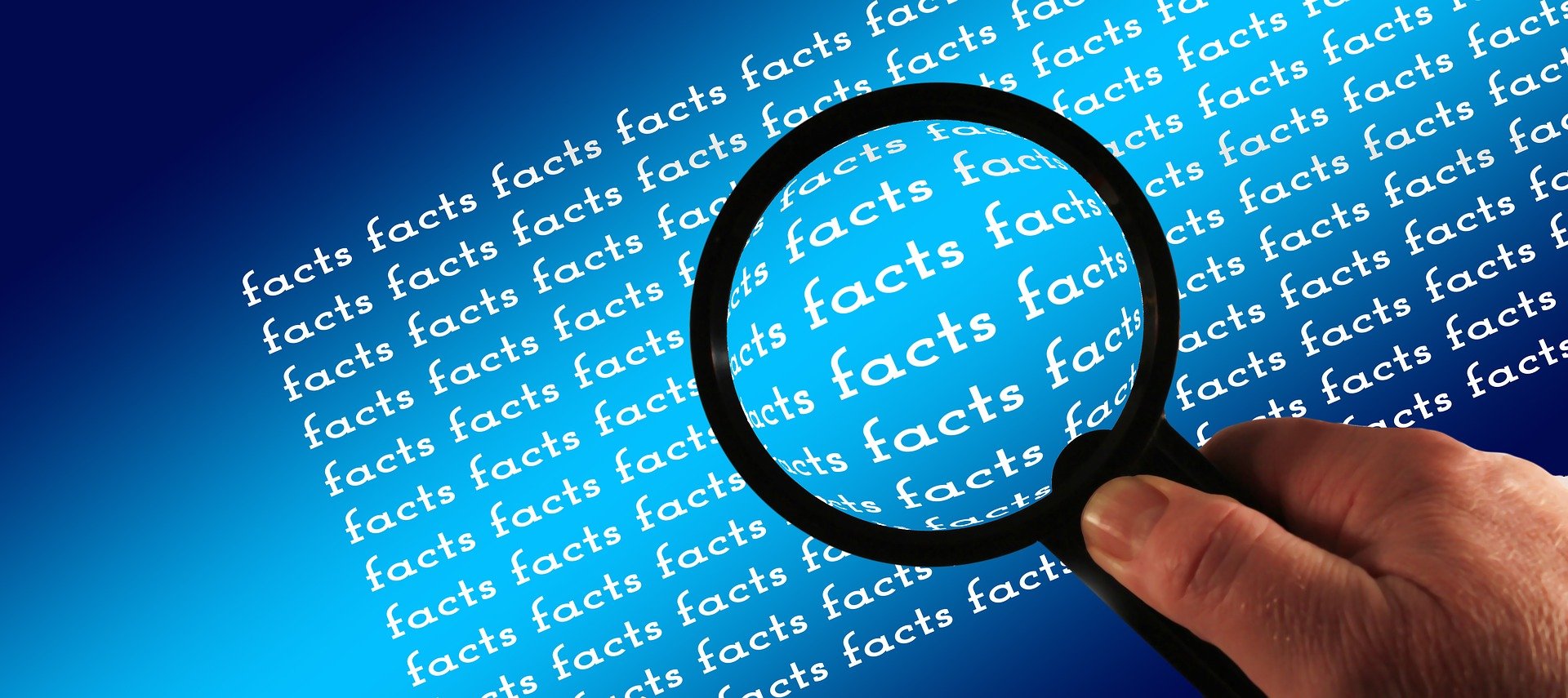Editing is a difficult task with many interconnected pieces. It requires that we know and apply writing, grammar, and style principles to complex topics. And some writing professors have found that even if you have vast knowledge of grammar, syntax, and style, you’ll still need help to apply that knowledge and thoroughly edit a piece of writing. Otherwise, you’ll either get overwhelmed with too much information or you won’t be able to remember enough to put the rules into practice while editing.
Continue readingBecause presenting our work in a clear and pleasing manner is so important, effective legal writers devote 35% of their time in any legal writing task to revising, editing, proofreading, and otherwise polishing the document.
Continue readingAs a judge reads our facts, she will form an opinion. When she finishes, often she has already decided the case. She will appreciate our argument to help her frame her opinion, but what motivates her is the story we tell and how we tell it. She already knows what the law says; she doesn’t know the facts. If we properly develop and present those Facts, argument becomes almost unnecessary.
Continue readingEditing is the process of improving content, clarity, structure, and substance. It involves checking the content of the text to ensure that the ideas are expressed clearly and logically, and form a coherent and meaningful whole. It should be the first task you undertake after you have a fairly complete document. (Save the proofreading for later.) The purpose of editing is to make your document better. Here’s what to check:
Continue readingThe perfect brief requires keen investigation and shrewd fact-gathering. The better facts we gather, the better story we can tell the judge, and the more persuasive our brief. No brief can exceed the quality of its facts—so invest in finding the right facts. Unfortunately, in law school we learn to present facts like a news reporter, but not to find them like an investigative journalist.
Continue readingBefore we write an introduction, we should think about its purpose and ask ourselves a question:
Do we even need an introduction?
Continue readingJudges, mediators, and other decision-makers live with major distractions. We need to capture their attention in the first sentence. Too often, we use that opening sentence—and sometimes several paragraphs—to overwhelm the judge with minutiae or to present the other side’s case.
Continue readingAs we discussed last time, the more we stay within the bounds of judicial decorum and decency, the more likely we are to prevail. If we let ethics guide our brief-writing, the system wins, the profession wins, society wins, and our client is more likely to win. If being respectful and diligent in our briefs had no upside, we could not in good faith recommend it; but beneath any discussion about how to write a brief lies a dependable truth: Our approaching brief-writing with “fairness” in mind is much better for our clients.
Continue readingCarving two or three hours out of our meeting-filled, media-riddled day to focus on starting a memorandum is nearly impossible. But we can usually preserve pockets of 20 to 30 minutes. Don’t assume such a short chunk of time is worthless—21 minutes is all you need to get started. This article will help you quickly write a first draft that can become an impressive memo.
Continue readingIn a blog titled “Words That Can Ruin Your Sentence,” Dictionary.com calls the unnecessary words we speak “crutch words.” In a recent tweet headlined “Words de Doom,” Appellate Twitter calls unnecessary words we write “verbal tics.” Whatever we call them, we use unnecessary words for a reason: when speaking, it’s to give ourselves time to think about what we want to say next—so, well, actually—when writing, it’s usually because we don’t know they’re unnecessary.
Continue reading












